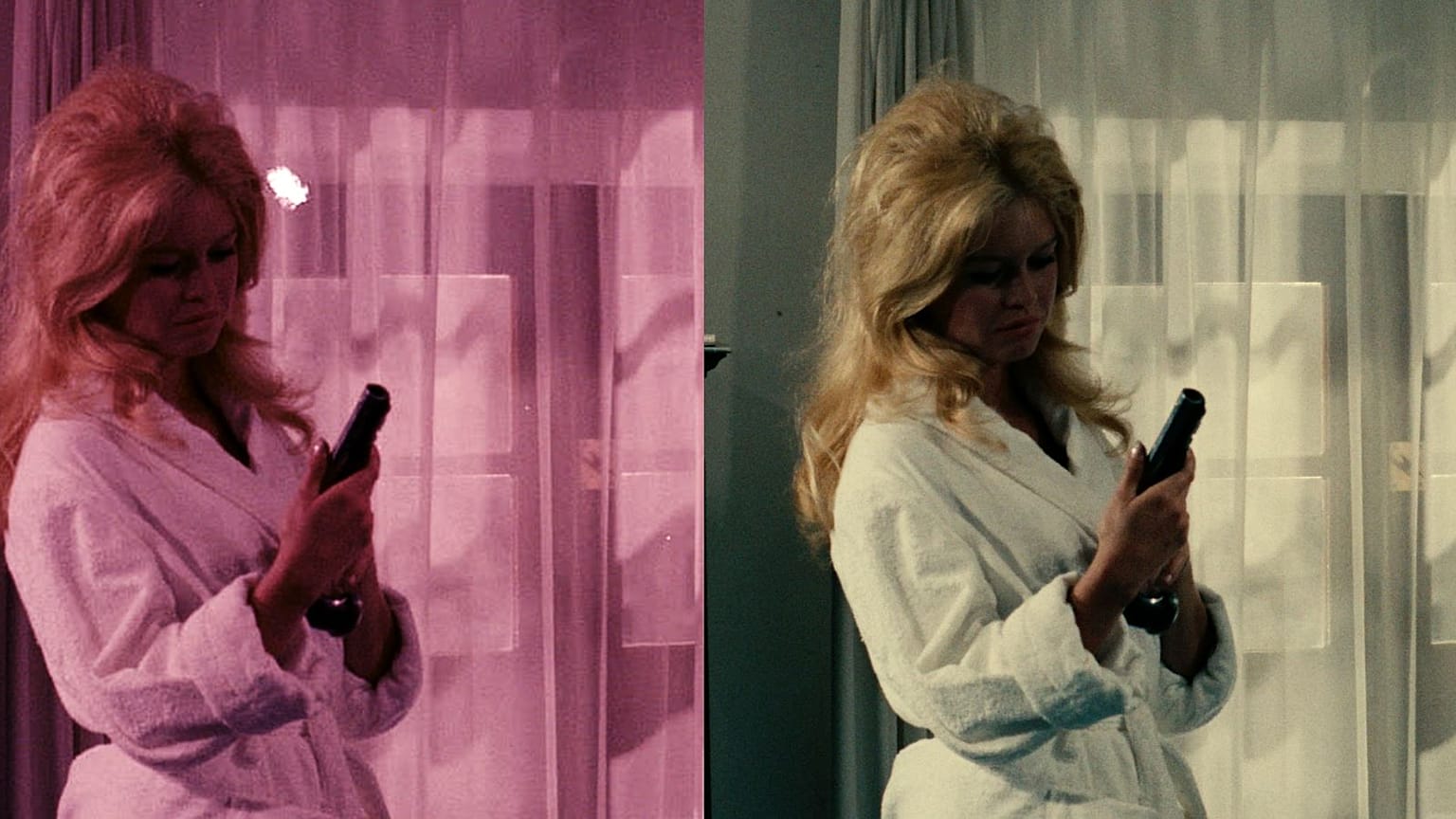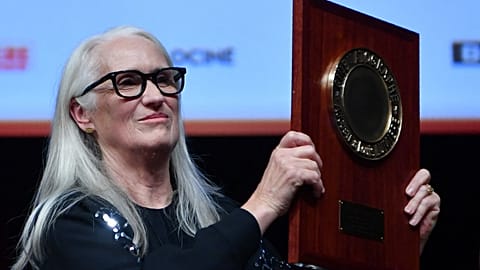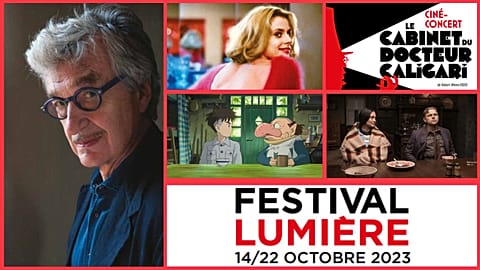It’s the meeting place for all classic films lovers and the only of its kind in the world. The International Classic Film Market (MIFC), hosted by the Festival Lumière in Lyon, France, has steadily positioned itself at the forefront of film restoration.
“The market is a place for cinema’s renaissance,” says Anaïs Desrieux, project manager of the 11th edition of the International Classic Film Market.
Its aim is to put in touch the greatest diversity of professionals in one place for film restoration projects to succeed. Right holders, distributors, restoration labs, TV broadcasters, platforms…The entire chain of the classic film industry is represented to make the magic happen.
“Here, we'll be pitching projects that have just been restored or that have a restoration project to carry out and are looking for partners,” Desrieux shares.
And it works.
Take Louis Malle’s 1962 classic ‘Vie privée’, starring Brigitte Bardot and Marcello Mastroianni. It has been invisible for 20 years, and thanks to the MIFC, audiences will be able to enjoy it on the big screen once more.
“Thanks to the market, we were able to clear the rights and begin its restoration with partners last year. And it was re-released in French cinemas this summer,” explains Jérôme Soulet, catalog director of Gaumont.
A European and global span
The international market doesn’t limit itself to France. It hosts an impressive 500 professionals from around 30 different countries. Every year, the international market puts one country in the spotlight.
“Europe is at the heart of our concern, and Sweden was chosen this year,” says Gérald Duchaussoy, programme director of the MIFC. “It’s a country that has embarked on magnificent restoration works such as (Ingmar) Bergman’s, shown all over the world.”
For the director of the Cineteca di Bologna, the market is a not-to-be missed event on the agenda.
“Thanks to encounters we’ve made in Lyon, we were able to restore Hungarian films and Argentinian films that were considered lost.”
“To restore a film, several energies have to cross paths and come together,” he stresses.
Through networking, these professional classic film lovers reach agreements about how the bill is split, as launching restoration works is a costly endeavour.
“It can be up to €80,000 or even more if the film is very damaged. The films can be long, which increases the bill even more at the end, depending on the condition of the film,” Laurent Cormier, the director of the film heritage department at the French National Centre for Cinema and Animated Images (CNC) explains.
“That's why it's important to bring together a number of partners and to plan the operation carefully,” he adds.
Restoration to increase visibility
Restoration is a key condition for bringing classic films back to life, a process of the utmost necessity for the growth of the industry.
“It’s absolutely essential for the quality of the film to be optimal in order to attract a wider audience to this niche market,” explains the director of the International Classic Film Market, Juliette Rajon.
“It's very important to show that this cinema exists, that it existed. It's by doing this that we will create demand,” adds Moïra Chappedelaine-Vautier, independent film producer who is screening her father’s restored film “Marée noire et Colère rouge” in Lyon.
But beyond business, the director of the film heritage department at the French National Centre for Cinema and Animated Images, Laurent Cormier, stresses the importance of the market in keeping one’s memory and passing it onto the next generation.
“It’s about being able to pass on the heritage that made us dream as children. There’s no reason why they shouldn’t have access to what we had.”
Check out the video above for a look inside the only market for classic films in the world.


















